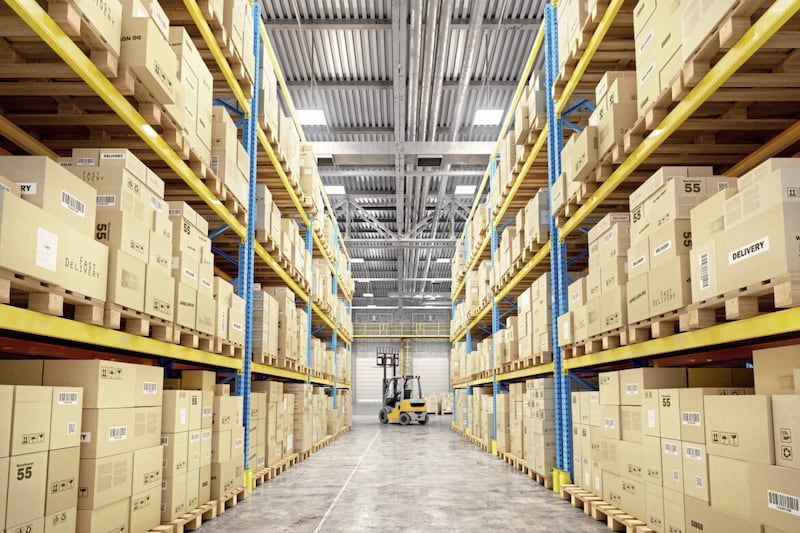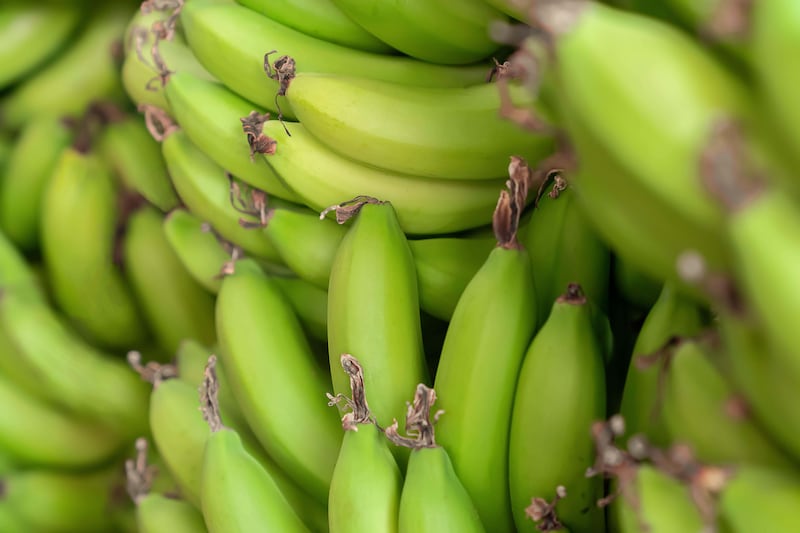CONSUMER money matters have featured heavily in the headlines in recent weeks, as the cost of living continues to rise, and consumers look at juggling their budgets. Interestingly, in spite of the increasing noise of inflationary warning bells, life in the wake of Covid-19 is throwing up some rather unusual consumer spending trends.
Barclaycard regularly looks at consumer spending on debit and credit card and its most recent report gives an interesting insight into household decision-making in the first three months of 2022. The main highlight is the unleashing of pent-up demand for special occasions, treats and holidays. It seems fun is a major spending focus for consumers right now, in spite of looming financial challenges.
Despite the economic backdrop in the first quarter of 2022, spending on non-essential items grew 18.4 per cent compared to the same period in 2019 (pre-Covid), representing a small uplift from last month (17.5 per cent).
Spending on hotels, resorts and accommodation rose 16.6 per cent compared to pre-pandemic holiday trends three years ago, the category’s highest growth since September last year; the international travel sector had its best month since before the onset of Covid-19.
Travel agents and airlines saw significant improvements. Recent scenes at airports on this damp and chilly island have shown the collective will to get on a flight and seek warmer weather!
Almost a fifth (17 per cent) of those surveyed are also spending more on special occasions (such as weddings and hen/stag dos) and holidays this summer, to make up for lost time over the last two years. Having lacked the excuse to get dressed up (or even simply to get dressed!) during successive lockdowns, spending rose on new clothes and accessories for these occasions (27 per cent) and grooming treatments like fake tanning are on the up too (13 per cent).
This behaviour was reflected more generally in retail spending – clothing saw a 12.6 per cent uplift, department stores returned to growth (1.3 per cent) after seven months of decline, and pharmacy, health, and beauty stores also saw an improvement (20.2 per cent vs.18.8 per cent in the month before this report).
In a further sign of life getting back out beyond the walls of home, and perhaps the start of a squeeze on non-essential in-home lifestyle expenses, spending on digital content and subscriptions also saw slightly less growth month-on-month (52.1 per cent compared to 56.7 per cent).
Unfortunately, there may be signs of further bumpy times ahead for the hospitality sector, as spending on takeaways and nights out was reined in as growth on fast-food and takeaways (77.9 per cent) as well as bars, pubs and clubs (39.2 per cent) was lower than in March (79.6 per cent and 41.7 per cent respectively).
However, the survey shows somewhat impressive confidence in financial capability: despite this backdrop of increasing prices, shoppers’ confidence in their ability to spend on non-essential items remained steady (52 per cent), as did their confidence in their ability to live within their means each month (68 per cent).
We must caveat this analysis with the reminder that the Barclaycard report was compiled from January to March, ahead of some of the heavy-hitting rises on energy and food costs.
In May, we saw further increases to already escalating home energy costs, whilst basic groceries and other household essentials saw significant price rises. We’ve also seen the UK Chancellor introducing financial supports to ease the burden of energy costs and aimed at supporting those on lower incomes and pensioners.
With the inflationary impact on household budgets, some may expect a battening down of the hatches and a reining-in of consumer spending over the coming months.
However, we’re also coming out of a pandemic, so some interesting behavioural patterns have already emerged in the first quarter of this year: we’ve seen huge demand from holidaymakers for overseas travel and fresh news of a positive turnaround for some big names on the high street.
It will be interesting to keep an eye on these consumer spending trends as we move through the rest of 2022.
:: John Mathers is corporate development director at Barclays in Northern Ireland







